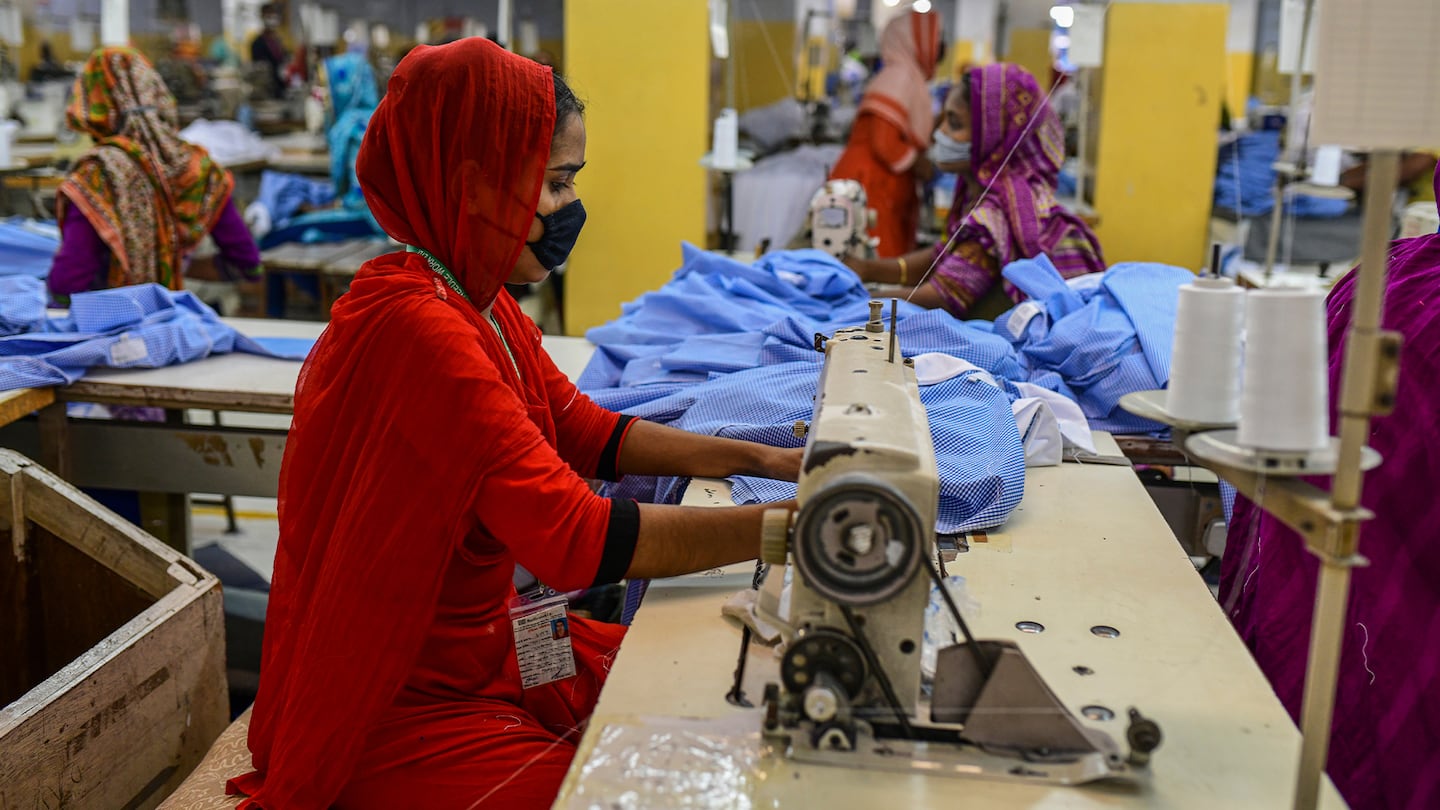
The Business of Fashion
Agenda-setting intelligence, analysis and advice for the global fashion community.

Agenda-setting intelligence, analysis and advice for the global fashion community.

A crackdown on trade unions and increase in labour abuses is becoming a worrying new norm in fashion’s supply chain, according to a report published Tuesday by The Business & Human Rights Resource Centre.
The findings, based on a survey of more than 100 union activists operating in the major manufacturing hubs of Bangladesh, Cambodia, India, Indonesia and Sri Lanka, point to a troubling legacy from the supply chain crisis precipitated by the pandemic.
Nearly two thirds of respondents said the environment for collective bargaining and freedom of association has worsened, while almost half said they’d seen an increase in discrimination, intimidation, harassment and threats against trade union members since the pandemic.
Meanwhile, nearly 60 percent reported an increase in incidents of wage theft and almost a third said gender-based violence and harassment has increased as a result of the restrictions on union activity. And while incidents have increased, brands have become less responsive to violations, the report found.
ADVERTISEMENT
“The increased suppression of trade union rights that spiked in the early days of the pandemic is today becoming the norm, with devastating impacts for garment workers,” the report said. “The pandemic has helped create a new and dangerously low floor for supplier and brand action towards workers’ rights which requires urgent remedy.”
Learn more:
With Inflation Painfully High, Fashion’s Garment Workers Pay the Price
Labour groups are warning of a new crisis on the horizon, as brands cancel orders ahead of the holiday season and living costs rise.
TikTok’s first time sponsoring the glitzy event comes just as the US effectively deemed the company a national security threat under its current ownership, raising complications for Condé Nast and the gala’s other organisers.
As awareness grows about the perils of sleep deprivation, beauty and wellness brands are flooding the market with an array of products to cash in on the booming opportunity.
The Business of Fashion is seeking candidates for a six-month, part-time, paid reporting fellowship with our editorial team, designed to empower aspiring Black journalists.
The trial of Colombian designer Nancy Gonzalez for smuggling alligator and snakeskin handbags into the US shone a rare public spotlight on the trade in the exotic skins used for some of fashion’s most expensive and controversial products.